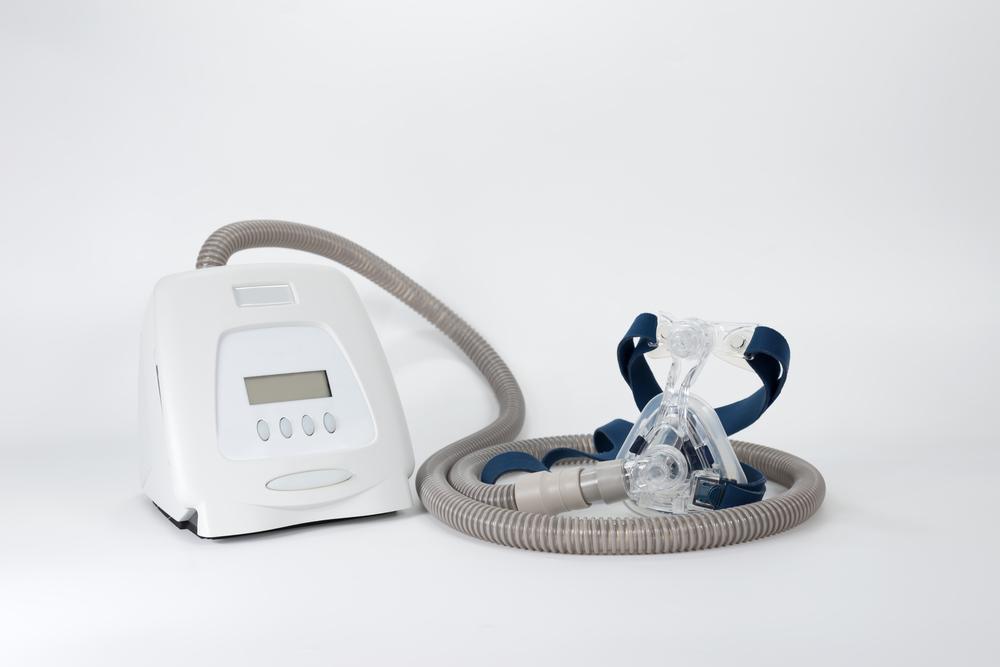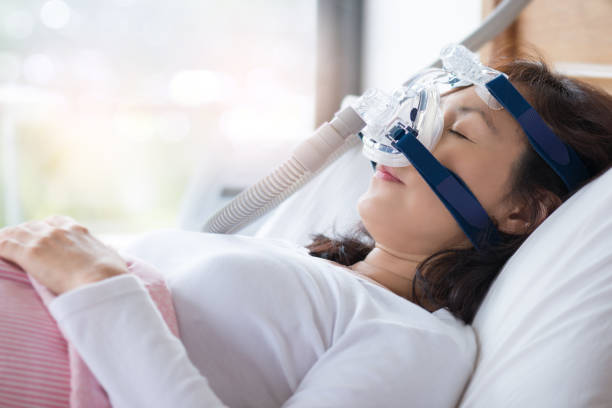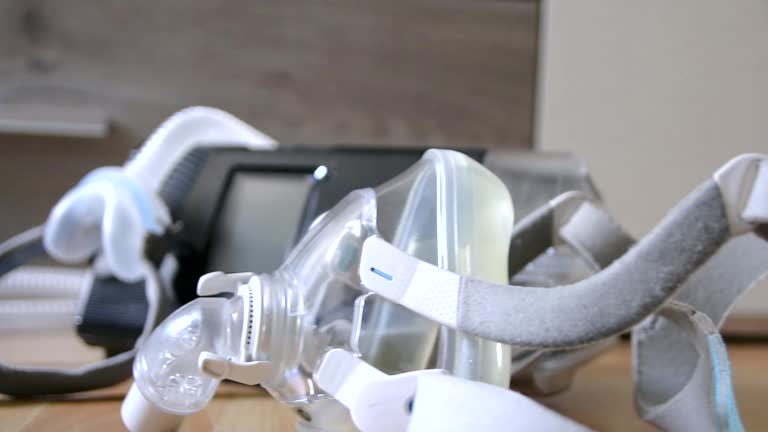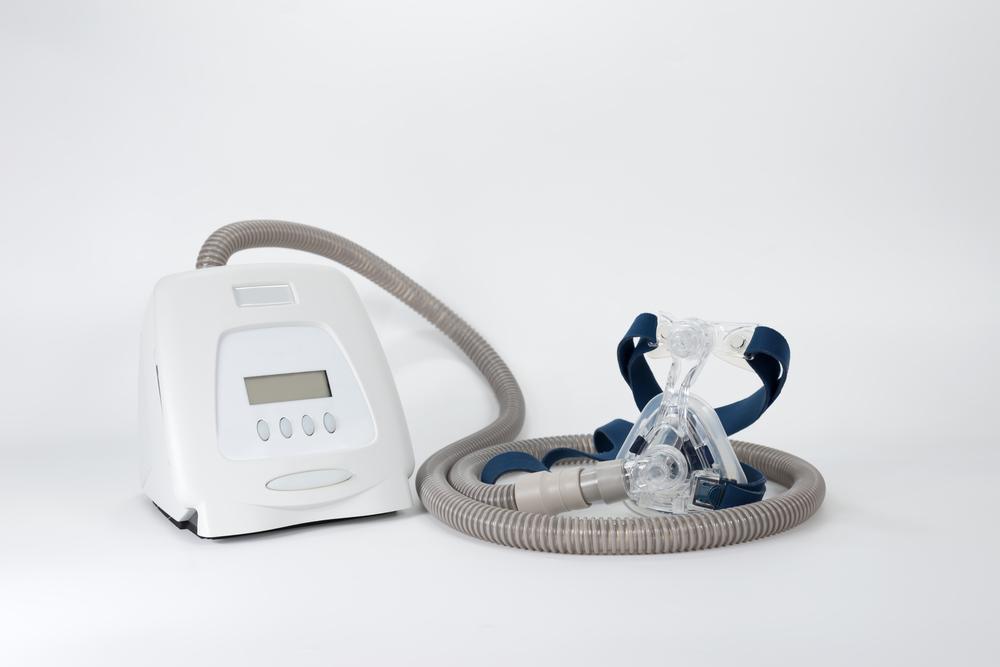
Discover how CPAP therapy for sleep apnea can transform your sleep and reduce stress. Learn how CPAP works, its benefits, and tips for success in this comprehensive guide.
How CPAP Therapy Works for Sleep Apnea
Do you wake up exhausted despite a full night’s sleep? Do loud snoring or sudden gasps for air disrupt your rest? You might be dealing with sleep apnea, a common but serious sleep disorder. The good news? CPAP therapy for sleep apnea can be a game-changer, restoring restful sleep and improving overall health.
In this guide, we’ll explore how CPAP works, its benefits, and practical tips to make the therapy work for you. Let’s dive in!

What Is Sleep Apnea?
Sleep apnea is a condition where breathing repeatedly stops and starts during sleep. The most common type, obstructive sleep apnea (OSA), occurs when throat muscles relax, blocking the airway. Symptoms include:
- Loud snoring
- Gasping or choking at night
- Daytime fatigue
- Morning headaches
- Difficulty concentrating
Left untreated, sleep apnea increases the risk of high blood pressure, heart disease, and diabetes. That’s where CPAP therapy comes in.
How Does CPAP Therapy Help?
CPAP (Continuous Positive Airway Pressure) therapy is the gold standard for treating sleep apnea. Here’s how it works:
- A CPAP machine delivers a steady stream of air through a mask.
- The air pressure keeps your airway open, preventing pauses in breathing.
- Consistent use ensures uninterrupted sleep and better oxygen flow.
Think of it as an “air splint” for your throat—keeping the passage open so you can breathe effortlessly.
The Science Behind CPAP Machines
CPAP machines consist of three main components:
- Motor – Generates gentle air pressure.
- Mask – Fits over your nose, mouth, or both (options include nasal pillows, full-face masks).
- Tubing – Connects the machine to the mask.
Modern CPAP devices often include:
- Humidifiers to prevent dry mouth.
- Ramp features that gradually increase pressure for comfort.
- Data tracking to monitor sleep patterns.
Studies show that consistent CPAP use reduces daytime sleepiness, lowers blood pressure, and improves cognitive function.

Benefits of Using a CPAP Machine
Why stick with CPAP therapy? The benefits go beyond better sleep:
✔ Reduces snoring – A quieter night for you (and your partner!).
✔ Boosts energy – Wake up refreshed and alert.
✔ Improves heart health – Lowers risk of hypertension and stroke.
✔ Enhances mood – Less irritability and better mental clarity.
✔ Supports weight management – Poor sleep disrupts metabolism.

Common Challenges & How to Overcome Them
While CPAP therapy is highly effective, some users face initial hurdles. Here’s how to tackle them:
1. Mask Discomfort
- Try different styles (nasal pillows, full-face).
- Adjust straps for a snug but not tight fit.
2. Dry Mouth or Nose
- Use a CPAP humidifier.
- Stay hydrated during the day.
3. Difficulty Adjusting to Pressure
- Enable the “ramp” feature for gradual pressure increase.
- Practice wearing the mask during the day to get used to it.
4. Noise Concerns
- Newer CPAP machines are nearly silent.
- Place the machine on a soft surface to minimize vibrations.
Tips for Successful CPAP Therapy
To maximize results, follow these best practices:
✅ Clean your equipment regularly – Prevent bacteria buildup.
✅ Replace parts as needed – Masks and filters wear out over time.
✅ Stick to a routine – Use CPAP every night, even for naps.
✅ Track progress – Use apps or machine data to monitor improvements.
Frequently Asked Questions (FAQ)
Q: How long does it take to see results from CPAP therapy?
A: Many users feel more energetic within days, but full benefits (like improved blood pressure) may take weeks.
Q: Can I travel with a CPAP machine?
A: Yes! Most machines are portable, and airlines allow them as carry-ons.
Q: What if CPAP doesn’t work for me?
A: Alternatives like BiPAP or oral appliances may help—consult a sleep specialist.
Final Thoughts
CPAP therapy for sleep apnea isn’t just about better sleep—it’s about reclaiming your health, energy, and peace of mind. If you suspect sleep apnea, don’t wait. Consult a sleep specialist to explore your options.
Ready to take the next step? Your journey to restful nights and stress-free days starts now.
📌 Call to Action: Struggling with sleep apnea symptoms? Book a consultation with a sleep doctor today and discover if CPAP therapy is right for you!
Sources & Further Reading:
By addressing sleep apnea with CPAP, you’re not just improving sleep—you’re investing in a healthier, happier life. Sweet dreams! 🌙
Leave a Reply